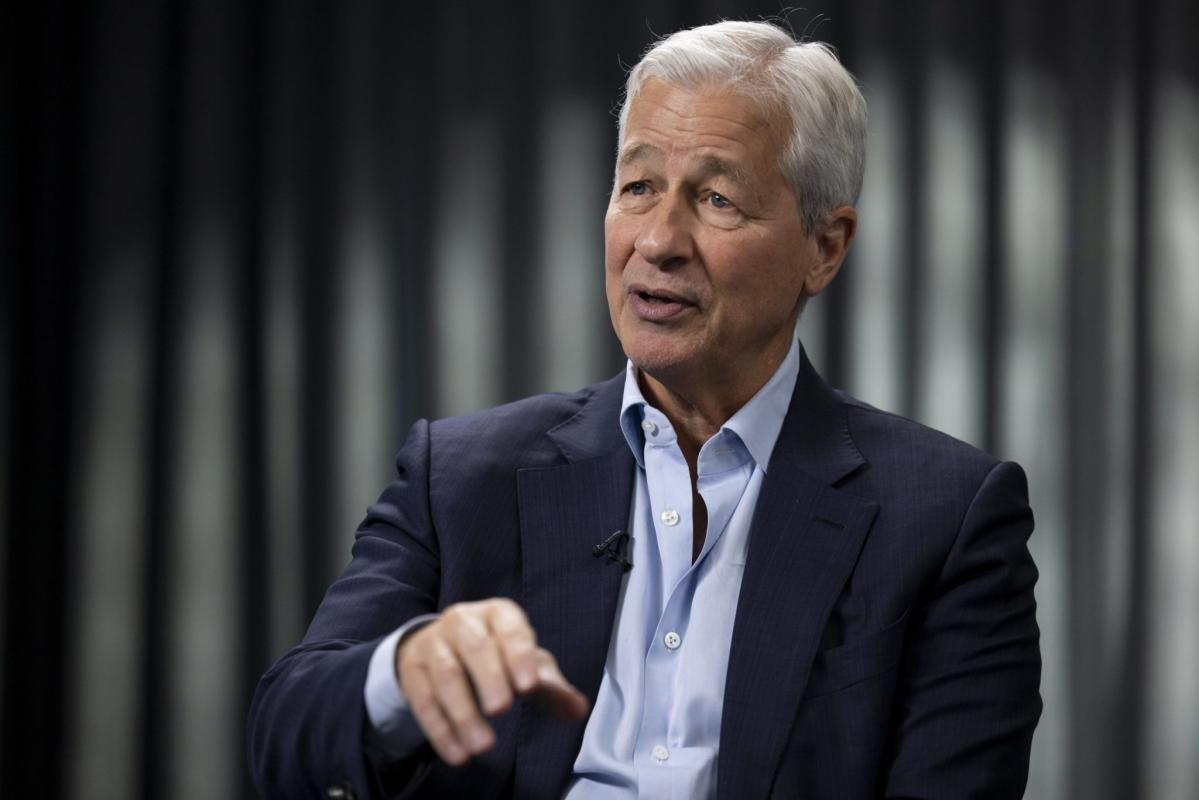
The ongoing trade tensions between the United States and its major trading partners have sparked concerns about the potential consequences on the global economy. Recently, Jamie Dimon, the CEO of JPMorgan Chase, expressed his concerns about the impact of President Trump's tariffs, stating that a recession is a "likely outcome" if the trade war escalates. In this article, we will delve into the implications of Dimon's statement and explore the potential effects of the trade war on the global economy.
The Trade War: A Brief Overview
The trade war between the United States and countries like China, Mexico, and Canada has been ongoing for several years. The Trump administration has imposed tariffs on various goods, including steel, aluminum, and electronics, in an effort to protect American industries and reduce the trade deficit. However, these tariffs have been met with retaliation from other countries, leading to a significant escalation of the trade tensions.
Jamie Dimon's Warning
In a recent interview, Jamie Dimon warned that a recession is a "likely outcome" if the trade war continues to escalate. Dimon, who is one of the most influential bankers in the world, stated that the tariffs imposed by the Trump administration could lead to a decline in economic growth, increased inflation, and higher interest rates. He also expressed concerns about the impact of the trade war on consumer and business confidence, which could lead to a reduction in spending and investment.
Potential Consequences of a Recession
A recession would have significant consequences for the global economy, including:
Higher Unemployment: A recession would lead to a significant increase in unemployment, as businesses reduce their workforce to cut costs.
Reduced Economic Growth: A recession would result in a decline in economic growth, leading to reduced consumer spending and investment.
Increased Inflation: A recession could lead to higher inflation, as businesses increase prices to maintain their profit margins.
Global Trade Disruption: A recession would disrupt global trade, leading to a decline in international trade and economic cooperation.
Impact on the Global Economy
The trade war and potential recession would have far-reaching consequences for the global economy. Some of the potential impacts include:
Decline in International Trade: The trade war would lead to a decline in international trade, as countries impose tariffs and other trade barriers.
Reduced Investment: The uncertainty and volatility caused by the trade war would lead to a reduction in investment, as businesses and investors become more cautious.
Currency Fluctuations: The trade war would lead to currency fluctuations, as investors become more risk-averse and seek safe-haven assets.
Jamie Dimon's warning about the potential for a recession due to the trade war is a significant concern for the global economy. The trade war and potential recession would have far-reaching consequences, including higher unemployment, reduced economic growth, and increased inflation. It is essential for policymakers to take a cautious approach to trade policy and work towards a resolution to the trade tensions to avoid a recession and maintain economic stability.
In conclusion, the trade war and potential recession are significant concerns for the global economy. As Jamie Dimon warned, a recession is a "likely outcome" if the trade war escalates, and it is essential for policymakers to take action to avoid this outcome. By understanding the potential consequences of the trade war and working towards a resolution, we can maintain economic stability and promote global economic growth.









